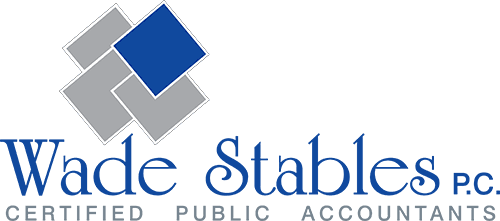An array of tax-related limits affecting businesses are indexed annually, and due to high inflation, many have increased more than usual for 2023. For example, the Section 179 expensing limit has gone up to $1.16 million from $1.08 million. Also up are the income-based phase-ins for certain limits on the Sec. 199A qualified business income deduction for owners of pass-through entities. And most limits related to employer-sponsored retirement plans, such as 401(k)s, are higher this year. This includes employee contributions to 401(k) plans, which are up $2,000 this year to $22,500. Contact us if you have questions about the tax limits that will affect your business in 2023.
Read More...
If you have a child or grandchild in college, there are tax breaks you may be able to claim after the child begins attending. For example, you can take the American Opportunity Tax Credit of up to $2,500 per student for the first four years of college, a 100% credit for the first $2,000 in tuition, fees, and books, and a 25% credit for the second $2,000. You can take a Lifetime Learning Credit of up to $2,000 per family for every additional year of college or graduate school — a 20% credit for up to $10,000 in tuition and fees. Both credits are phased out for married joint filers with modified adjusted gross income between $160,000 and $180,000, and for singles between $80,000 and $90,000.
Read More...
The deadline for businesses to file information returns for hired workers is almost here. By Jan. 31, 2023, employers must file Forms W-2 that show the wages paid and taxes withheld for 2022 for each employee. They must be provided to employees and filed with the Social Security Administration (SSA). Employers must also file Form W-3 to transmit Copy A of W-2 forms to the SSA. The Jan. 31 deadline also applies to Form 1099-NEC. These forms are provided to recipients and filed with the IRS to report non-employee compensation to independent contractors. Complete Form 1099-NEC to report any payment of $600 or more to a recipient. Questions or need help? Contact us.
Read More...
The SECURE 2.0 Act, which was signed into law on Dec. 29, 2022, will help many Americans save more for retirement. However, many of the provisions don’t kick in for a few years. One provision that does take effect this year is an increase in the age for beginning required minimum distributions (RMDs). Employer-sponsored qualified retirement plans, traditional IRAs and individual retirement annuities are subject to RMD rules. They require that benefits start being distributed by the required beginning date. Under the new law, the required age used to determine distributions increases from age 72 to age 73 starting on Jan. 1, 2023. It will then increase to age 75 starting on Jan. 1, 2033.
Read More...
If you rent a home you own to a relative, there may be tax consequences. Renting out a home you own may result in a tax loss for you even if the rental income is more than your operating costs. You’re entitled to a depreciation deduction for your cost of the home (except for the portion allocated to the land). But if your tenant is related to you, special rules and limits may apply. For this purpose, “related” means a spouse, child, grandchild, parent, grandparent or sibling. No limits apply if 1) you rent to a relative who uses it as a principal residence (not just as a second or vacation home) for the year, and 2) it’s rented at fair market rent (not discounted).
Read More...










